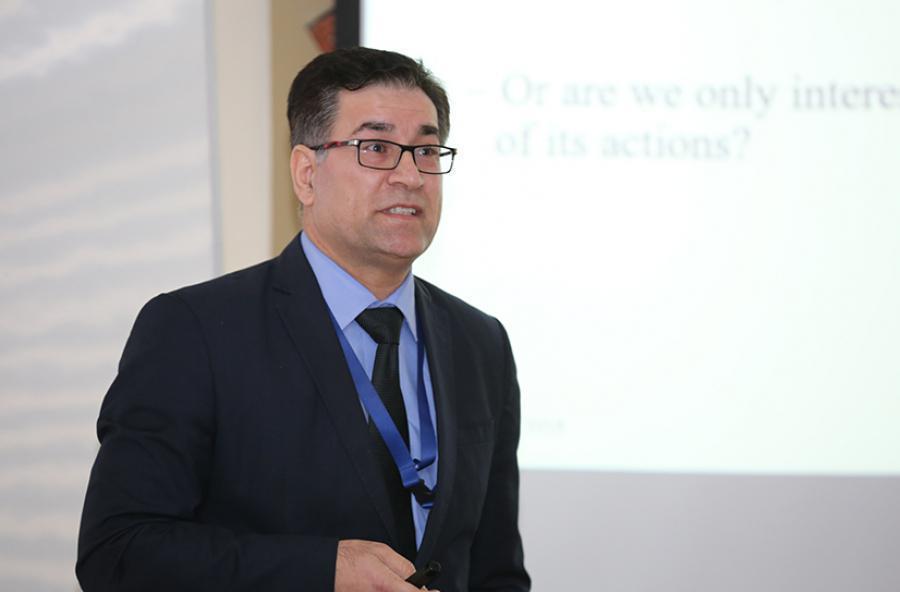

Professor Tarik A. Rashid
The Head of Natural Computational Intelligence Research Center
TARIK AHMED RASHID :received his Ph.D. in Computer Science and Informatics from College of Engineering, Mathematical and Physical Sciences, University College Dublin (UCD) in 2001-2006. He pursued his Post-Doctoral Fellow at the Computer Science and Informatics School, College of Engineering, Mathematical and Physical Sciences, University College Dublin (UCD) from 2006-2007. He served as a Director of the Academic Affairs at CCT-Dublin, Ireland. He served as a Dean of the College of Information Technology and Management Studies at SABIS University, Hewler, Kurdistan. He also served as a Professor at Software and Informatics Engineering at SUE-Erbil till 2016, Hewler, Kurdistan. In 2017, he joined the University of Kurdistan Hewlêr (UKH). Tarik has also been included in the prestigious Stanford University list with 2.7% of the best world researchers for the year 2020.
E-mail: tarikahmedrashid4@gmail.com
